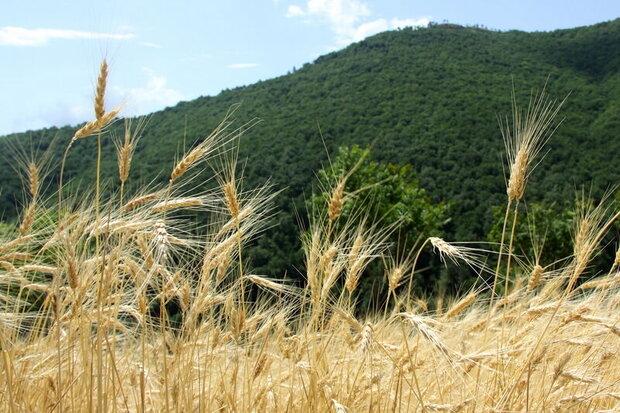EU-Iran workshop on organic agriculture, geographical indications
On January 23 the EU Commission has organized a workshop to present the results of a study launched in the framework of the EU-Iran cooperation on agriculture, aiming at the evaluation of the Iranian system of organic farming and geographical indications (GI) in comparison to the EU systems.
The outcomes of the assessment made based on the available documents (legal and technical) as well as on the discussions and visits with all stakeholders performed during a mission in July 2019 by the EU experts in Iran are included in a report that will be presented at the workshop and made available to the interested parties by MAJ.
The study has pointed out that with regards to both organic and GI production, the Iranian systems do not have an official control system fully implemented. Indeed, the Competent Authority in charge of the system functioning is missing in the case of organic farming and the role of MoAJ is not fully implemented in the GI system.
Such a situation is thus not allowing any form of public surveillance over the system, making the control system not equivalent to the EU system.
Furthermore, in case of organic production, even though the overall principles present in the Iranian standards can be considered fully in line with the overarching principles at the base of the EU legislation and the rules for crop, animal and food production are well-developed, making them in several cases equivalent to the EU provisions, there are several critical discrepancies with the EU rules.
A SWOT analysis for the market of organic products is presented in the report.
"On January 23 the EU Commission has organized a workshop to present the results of a study launched in the framework of the EU-Iran cooperation on agriculture, aiming at the evaluation of the Iranian system of organic farming and geographical indications (GI) in comparison to the EU systems"Taking all these aspects into consideration, it is concluded that the future for organic production of plants in Iran could be subjected to a positive trend when also supported by a long-term policy of collaboration with international donors.
The part of the Report concerning GIs underlines that in Iran there are many geographical and traditional names used for agricultural products and foodstuffs, but there is a lack of sufficient information on GIs, their promotion and correct labeling.
The latter is meant to explain the link between the product and geographical place. Moreover, the legal framework of Iran for GIs does not provide ex officio protection similar to the EU protection, when public authorities have means of conducting controls and can intervene in their capacity.
In conclusion, it is considered that policy to develop both organic productions and GIs would contribute to the strengthening of the economic interests of Iran.
Therefore, aligning the system of controls with the EU systems of verification of compliance and official controls should be in the heart of any future technical assistance and training project dealing with these two quality systems.
In this respect, the study constitutes a solid reference and documentary basis for further technical and financial assistance in the respective policy areas.
This project is funded by the European Union.
MNA/PR
Related news
Other news on this day
Copyright © 2001-2024 - Sarkhat.com - About Sarkhat - News Archive - جدول لیگ برتر ایران






